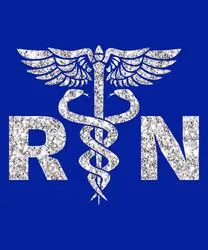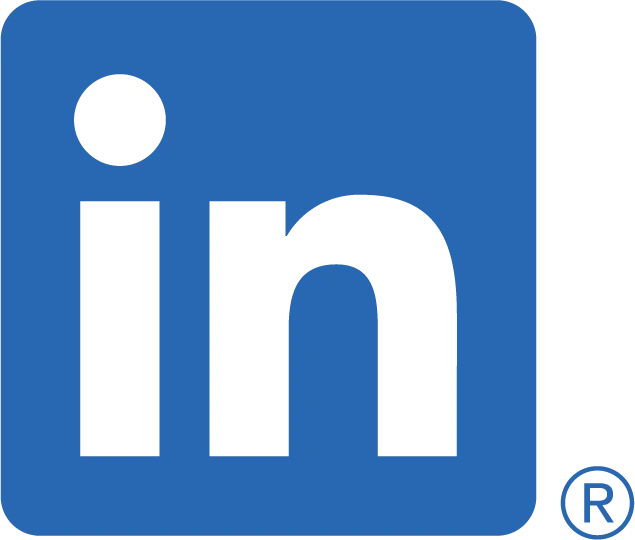The Clinical Recruiter - A Healthcare Recruitment Firm
OUR BLOG!

The Future of Registered Nurse Employment
The Future of Registered Nurse Employment
The healthcare industry has been a formidable pillar of the global economy and an essential part of our lives. Registered Nurses (RNs) play a pivotal role in this industry, providing vital services to those in need. But what does the future hold for RN employment? Let's dive into the topic.
Steady Growth in Demand
According to the U.S. Bureau of Labor Statistics, employment for registered nurses is projected to grow 7% from 2019 to 2029, faster than the average for all occupations1. This growth is primarily due to an increased emphasis on preventive care; growing rates of chronic conditions, such as diabetes and obesity; and demand for healthcare services from the baby-boom population living longer and leading more active lives.
Advancements in Technology
The future of RN employment will also be shaped by advancements in technology. Telemedicine has already begun revolutionizing the way nurses provide care, allowing them to reach patients remotely, especially in rural areas where healthcare is often lacking. Furthermore, artificial intelligence (AI) and machine learning are set to streamline administrative tasks, freeing up more time for nurses to focus on patient care.
Specialization and Advanced Practice Roles
Specialization within nursing is another trend that will continue to shape the future of RN employment. As medicine becomes more complex, there's a growing demand for nurses who have specialized knowledge in areas like geriatrics, pediatrics, oncology, and critical care.
Moreover, the role of Advanced Practice Registered Nurses (APRNs), including nurse practitioners, nurse midwives, and nurse anesthetists, is expected to become more prominent. APRNs can provide primary and specialty healthcare, and their roles are likely to expand, especially in underserved areas.
Emphasis on Continuing Education
The healthcare industry is ever-evolving, and so is the knowledge required to stay relevant in it. Continuing education and lifelong learning will be more crucial than ever for RNs. They will need to stay updated with the latest medical research, treatments, and technologies.
Challenges Ahead
Despite the promising outlook, there are challenges ahead. The nursing profession has been notorious for its high stress levels, long hours, and burnout rates. Moving forward, healthcare organizations will need to address these issues to retain their nursing staff and ensure high-quality patient care.
Conclusion
The future of RN employment looks promising with steady job growth, technological advancements, and opportunities for specialization. However, challenges related to work-life balance and stress management need to be addressed. As the healthcare landscape continues to evolve, so too will the roles and responsibilities of RNs, making it an exciting time to be in this profession.
Footnotes
"Registered Nurses : Occupational Outlook Handbook." U.S. Bureau of Labor Statistics.




